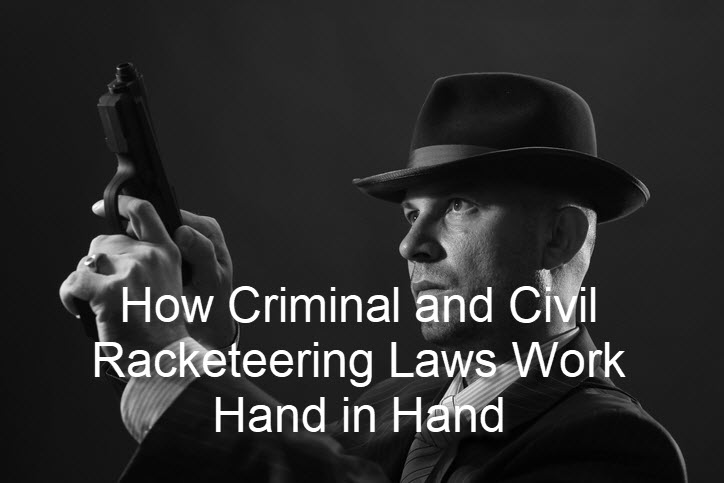How Criminal and Civil Racketeering Laws Work Hand in Hand

In 1970, in an effort to find more ways to prosecute the Mafia and its affiliates, the federal government passed the Racketeer Influenced and Corrupt Organizations (RICO) Act. Two years later, Pennsylvania passed a largely similar version called the PA Corrupt Organizations Act (PACO). While both laws were originally intended to combat organized crime — also known as racketeering — prosecutors have steadily expanded the scope of the laws to include widely varied patterns of alleged criminal activity. In addition, enforcement of these laws often involves imposing both criminal and civil penalties.
At the state level, PACO defines “racketeering activity” to include offenses that are:
- Indictable under specific provisions of Pennsylvania statutes, such as homicide, human trafficking, theft, fraud and dozens of other crimes
- Indictable under the Controlled Substance, Drug, Device and Cosmetic Act
- Related to the sale or distribution of narcotics
- Related to collecting money to satisfy an unlawful debt
- Related to gambling, bookmaking and loan sharking
- Part of a conspiracy to commit any of the above offenses
It is unlawful to be involved in racketeering activity in any way. For example, you can be charged under PACO if you:
- Use money derived from racketeering to invest, directly or indirectly, in a criminal enterprise
- Acquire, directly or indirectly, any control or interest in a criminal enterprise through racketeering activities
- Work for or are associated with an enterprise involved in racketeering
An “enterprise” can be a legitimate or illegitimate business. It can be a partnership, association or a group of people who are associated with each other but not as a formalized business entity.
A prosecution for racketeering in Pennsylvania must be met with a strong defense, since a conviction can carry severe penalties. A PACO violation is a first-degree felony. If convicted, a defendant faces up to 20 years in prison and a fine of up to $25,000. The minimum prison term for a first offense is nine months.
A defendant convicted of a crime under PACO can also face civil liabilities. For example, a civil court can require the convicted person to divest himself of all interests in the criminal enterprise and restrict the person’s future investment activities. The civil court can also order the enterprise to dissolve itself or bar it from doing business. Alternatively, law enforcement authorities can directly seek civil sanctions, under the implicit threat of criminal prosecution.
At the Law Offices of David Jay Glassman in Philadelphia, we are deeply familiar with Pennsylvania prosecutors’ extensive use of PACO to pursue criminal and civil enforcement measures. We have succeeded in having cases dismissed based on lack of evidence, entrapment and other grounds. We are here to protect your rights. Call 215-563-7100 or contact us online and we will respond without delay.
